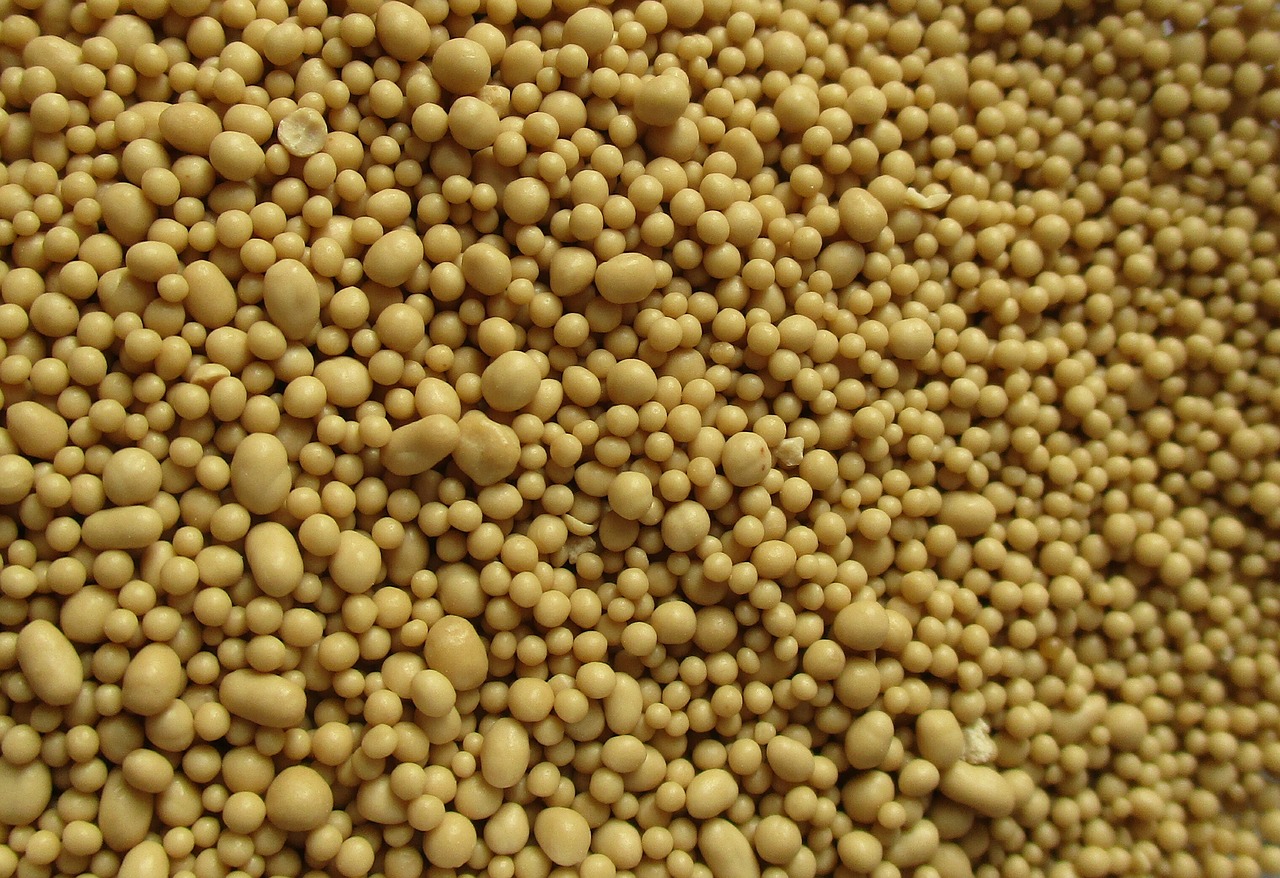Scientists have discovered a new way in which evolution and natural selection take place. They have been able to determine that it is not only the DNA and mutations that cause evolution. They found out that evolution can also take place through molecules stuck on the surfaces of yeast organisms and certain plants.
The molecules, which are known as methyl groups, are able to turn DNA structure and turn it on and off. These alterations are known as epigenetic modification.
Natural selection exhibited by organisms
The researchers found that many organisms including humans have these methyl groups. They also determined that these methyl groups are able to change the genetic structure of these organisms which can be passed down to offspring.
Epigenetic modification, however, was found to be non-existence in some organisms such as fruit flies and roundworms. Scientists argued that these organisms lost the gene required for this process during their evolution.
The researchers behind the study didn’t expect to uncover a well-kept secret of evolution, senior author Dr. Hiten Madhani, a professor of biochemistry and biophysics at the University of California, San Francisco, and principal investigator at the Chan Zuckerberg Biohub, told Live Science.
Genes for methylation indicative of resiliency
Cryptococcus neoformans, a yeast organism, also lost the genes for methylation about 50 to 150 million years ago. However, the organism was found to still have the methyl groups on its genome, which may be due to the resilience of these groups to hang on to the organism.
The research was done by Chan Zuckerberg Biohub researchers. The researchers are hopeful that these new findings will help future scientists in understanding evolutionary processes and their different causes.
This is a landmark discovery considering the restrictions and unfavorable opinions on DNA research. The MIT Technology Review warned that the technology is ethically charged because changes to an embryo would be inherited by future generations and could eventually affect the entire gene pool.







